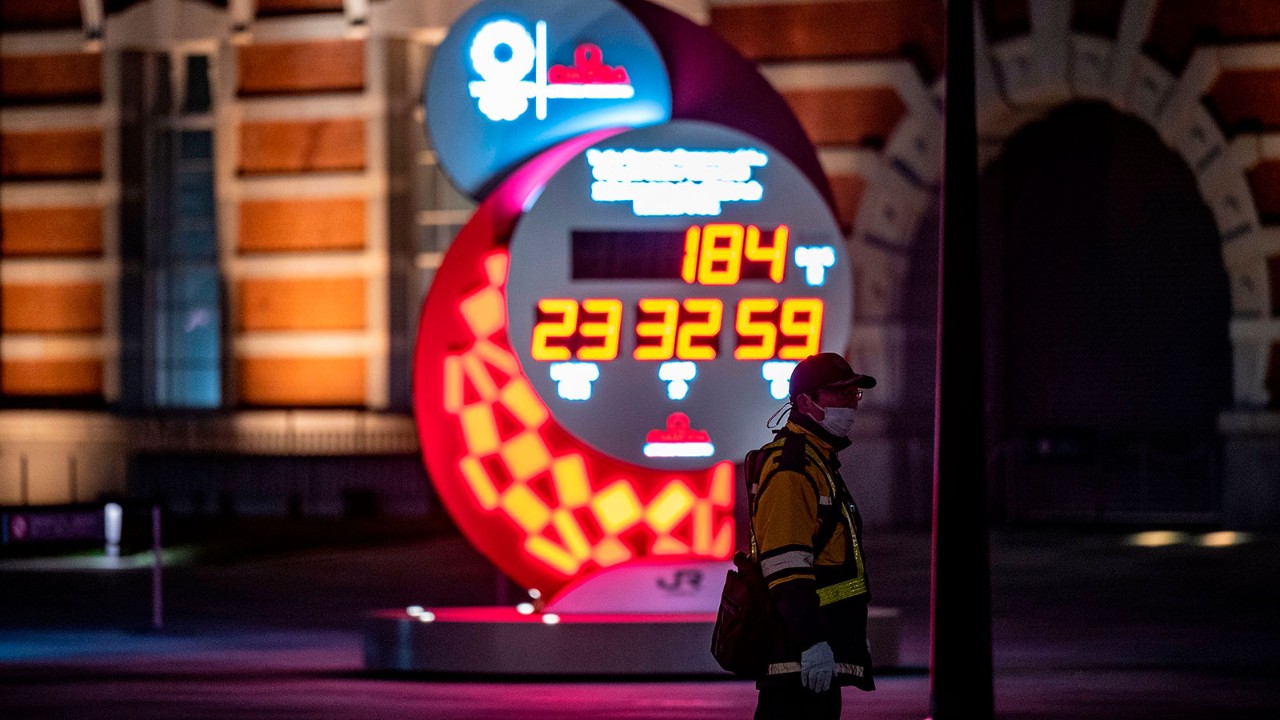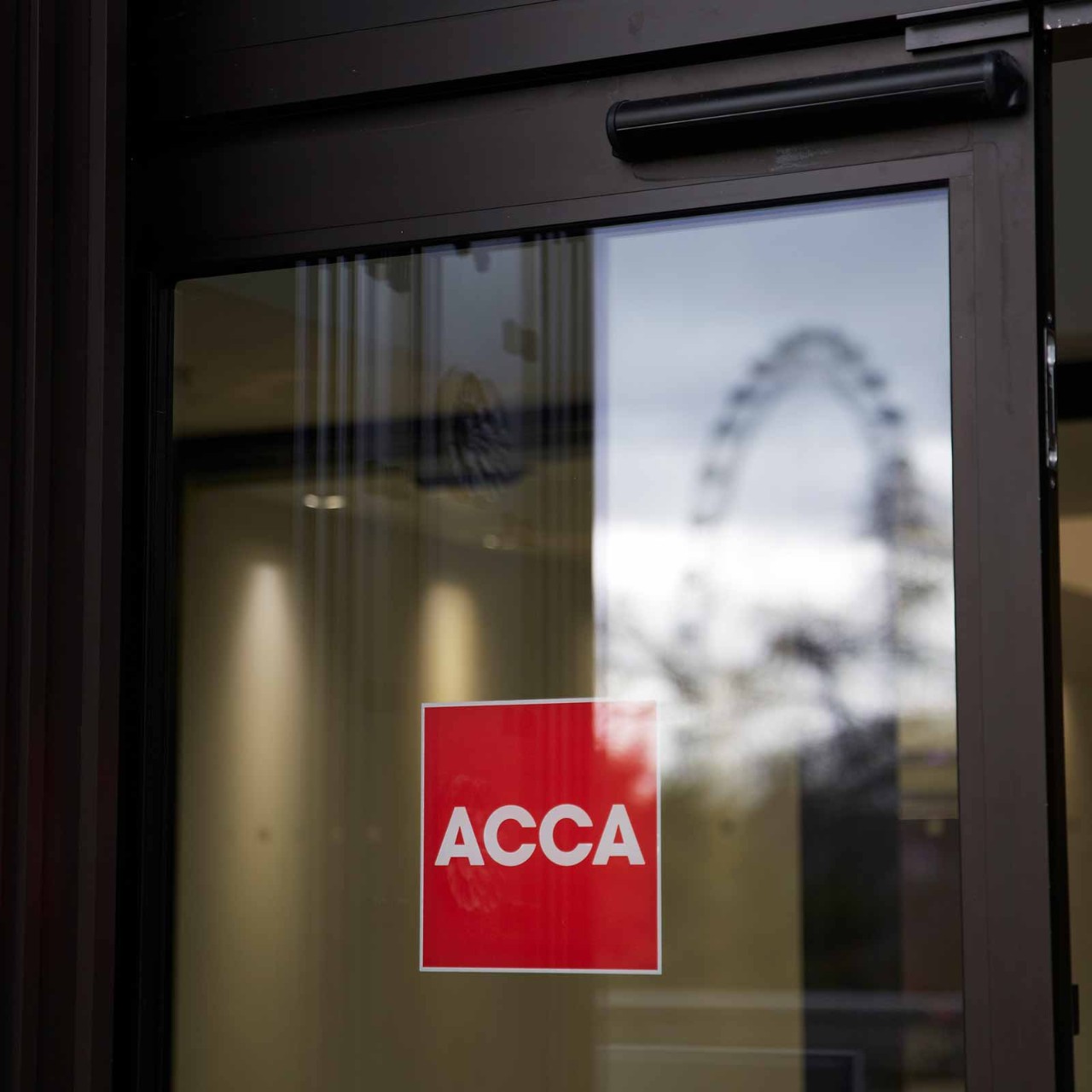
Speculation has raged over the possibility that the 2021 running of the Tokyo 2020 Olympic and Paralympic Games will be called off due to the pandemic, but the International Olympic Committee (IOC) and Tokyo organisers still insist that the event will go ahead in July. Costs to date are estimated at US$13bn.
Reports say that the Japanese government has privately concluded that the Olympics will have to be called off, with the focus now on finding a face-saving way of announcing the cancellation that leaves open the possibility of securing the games for the city at a later date. The next available year is 2032.
Keith Mills, the deputy chairman of the London Organising Committee for the 2012 Olympics, does not believe the games will go ahead.
The overall cost of the postponement is US$2.8bn, including US$900m on measures designed specifically to stop the spread of Covid-19
Take five budgets
The financial scale of what is at stake is wrapped up in the fifth and final version of the budget published by the organising committee in December. They estimate the final bill will be US$15.9bn, a rise of US$2.8bn compared with the previous budget, released in December 2019. Three-quarters of that total is public money.
If the event does go ahead, it is set to be the second most expensive summer Games in history – behind Beijing in 2008, which cost US$40bn.
When Tokyo was awarded the Olympics in 2013, the bid committee projected total costs would be US$7.3bn, a figure that was met with scepticism. A 227% overrun justifies initial doubts.
That would make the Tokyo Games three times as expensive as the average Summer Games since 1964, according to a paper, The Oxford Olympics Study 2016: Cost and Cost Overrun at the Games.
The overall cost of the postponement is US$2.8bn, according to the organising committee, including US$900m on measures designed specifically to stop the spread of Covid-19. These include an infection control centre in the Olympic and Paralympic Village, plus regular testing of athletes.
Other increases in the final budget include US$1.2bn of temporary and overlay facility expenditures – an increase of US$300m over the version four budget – and operational costs of US$1.6bn – an increase of US$400m.
An expensive proposal for the stadium was ditched after being mocked for resembling a bicycle helmet and intergalactic spaceship
On the plus side, the budget foresees revenues increasing by US$800m. The Tokyo Metropolitan Government will meet any shortfalls.
Ticket sales have generated US$800m revenues, and this money will have to be refunded if the Games either do not take place at all or cannot take place with fans in attendance. Last year, 18% of tickets were returned after the games were postponed, although organisers were able to resell them.
The official website confirms: ‘Should we not be able to provide an opportunity for people to spectate the Games due to Covid-19, we will offer an additional opportunity to apply for a refund.’
Embarrassing U-turns
In addition to revenue issues, organisers have already suffered from a trail of embarrassing U-turns. An expensive proposal for Tokyo’s main Olympic stadium was ditched after being widely mocked for resembling an oversized bicycle helmet and an intergalactic spaceship.
A more modest design was drawn up, which allowed for a US$800m cost saving, largely due to the removal of a retractable roof from the later design.
The original Tokyo Olympics logo was also scrapped after accusations it plagiarised the emblem of a theatre in Belgium, while in February Yoshiro Mori, president of the organising committee, resigned following outrage over his comments that women talk too much in board meetings.
Due to recurring problems for the Tokyo Games, as well as previous Olympic events, there has been a steady fall in the number of countries prepared to bid to host the Olympics. The 2004 Olympics attracted 11 bids, but that number fell to five for the 2020 event.
The bidding shortage is becoming so severe that the IOC announced the winner of the 2024 and 2028 Games at the same time, amid fears that no one would step forward for 2028. Paris was announced as the host city for 2024, while Los Angeles – the only remaining candidate – was chosen for 2028.
The Olympic Games has never been known for its profitability, and now the gloss seems to have come off its prestige as well. But the real losers are surely the athletes.





